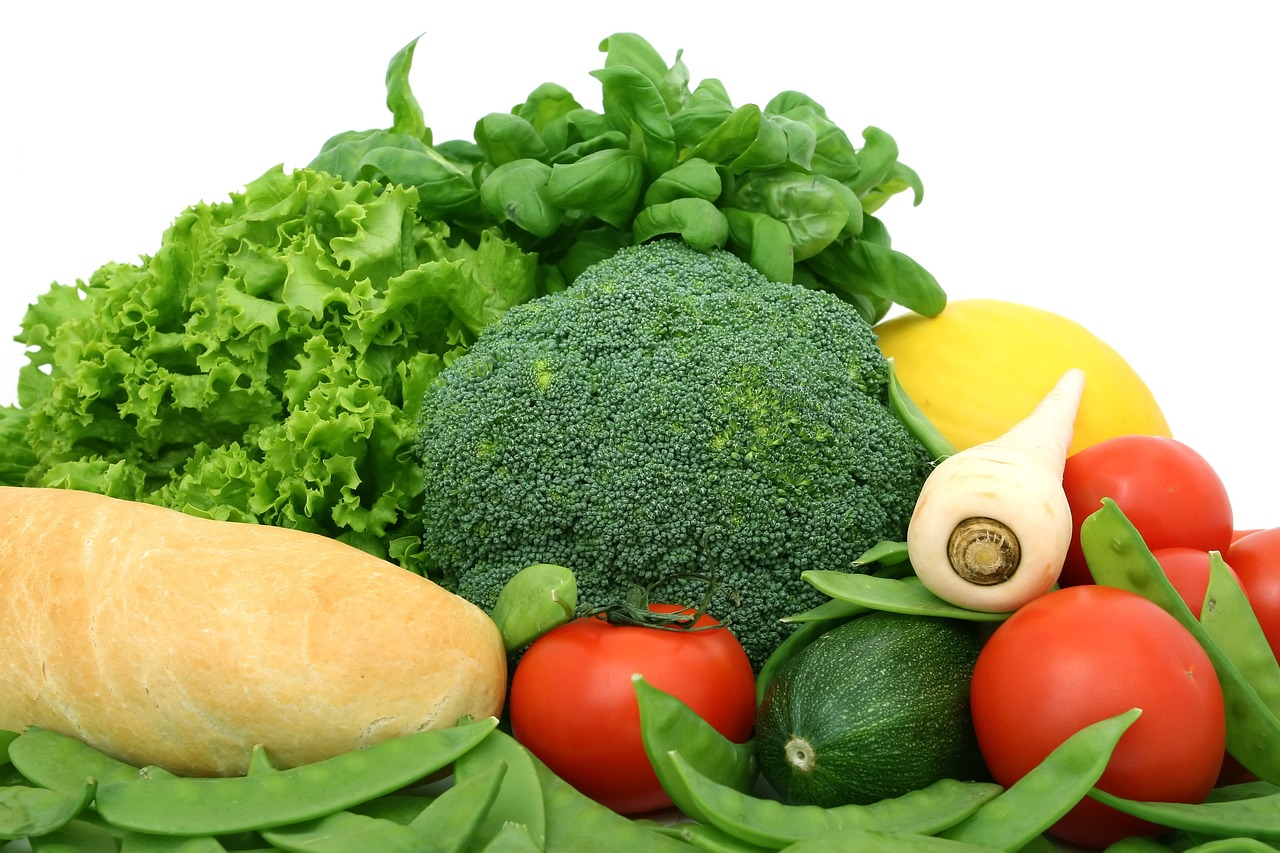Managing Blood Sugar Without Insulin: Practical and Proven Strategies

For those with diabetes or high blood sugar, managing glucose levels without relying solely on insulin is achievable and empowering. Contrary to the belief that diabetes necessitates insulin dependence, lifestyle changes and non-pharmaceutical approaches can stabilize blood sugar effectively. This article outlines scientifically backed methods to manage blood sugar, particularly valuable during insulin shortages.
Dietary Control: The Foundation of Blood Sugar Stability
Diet plays a pivotal role in diabetes management. The type and quantity of carbohydrates consumed directly impact blood sugar levels. Opting for low glycemic index (GI) foods—such as whole grains, legumes, non-starchy vegetables, and fruits like berries or apples—ensures a gradual energy release, preventing sharp glucose spikes. These foods are also high in fiber, supporting digestion and gut health.
Avoiding refined carbohydrates found in white bread, sugary drinks, and candies is crucial, as they cause rapid blood sugar surges. Instead, choose fiber-rich options like whole wheat products and beans to maintain stable glucose levels while meeting carbohydrate needs.
Related Stories: Learn about Triphala’s digestive benefits or explore Bitter Melon Polypeptide for blood sugar and metabolic support.
Balanced Meals and Portion Management
A balanced meal with moderate protein, healthy fats (e.g., nuts, olive oil), and fiber-rich vegetables slows glucose absorption, enhances satiety, and reduces overeating. A varied diet not only delivers essential nutrients but also makes healthy eating enjoyable, encouraging long-term adherence.
Portion control is equally important. Eating consistent, appropriately sized meals at regular intervals helps prevent overconsumption, stabilizes calorie intake, and minimizes blood sugar fluctuations. Establishing a routine and adjusting meals based on glucose readings can optimize control.
Exercise: A Powerful Tool for Glucose Regulation
Regular physical activity is essential for blood sugar management. Aerobic exercises like walking, swimming, or cycling lower glucose by increasing muscle energy demand. Aim for at least 150 minutes of moderate-intensity aerobic exercise weekly to improve blood sugar, mental well-being, and overall quality of life.
Strength training, such as weightlifting or resistance band workouts, enhances insulin sensitivity, allowing better glucose utilization even at rest. Incorporating strength exercises twice weekly supports muscle growth and long-term blood sugar stability.
Weight Management and Stress Reduction
Maintaining a healthy weight is critical. For overweight individuals with diabetes, losing 5–10% of body weight can significantly improve insulin sensitivity and glucose control. Combining diet, exercise, and sustainable habits is key to successful weight management.
Stress can elevate blood sugar by triggering glucocorticoid release. Techniques like meditation, deep breathing, or yoga help mitigate stress, reduce physiological responses, and promote stable glucose levels.
Dietary Supplements: A Supportive Option
Certain supplements can complement lifestyle changes. For instance, Herbtail GlucoMetabol (Three-Highs Metabolic Treasure), a natural herbal supplement, supports blood sugar, blood pressure, and cholesterol management. Its ingredients enhance insulin sensitivity and reduce glucose production, offering a holistic approach to metabolic health.
Conclusion
Managing blood sugar without insulin is a multifaceted, ongoing commitment. Through mindful dietary choices, regular exercise, weight control, stress management, and supportive supplements like Herbtail GlucoMetabol, individuals with diabetes can achieve stable glucose levels and better overall health. These strategies require dedication but empower patients to confidently navigate diabetes, even during insulin shortages, for a healthier, more vibrant life.




